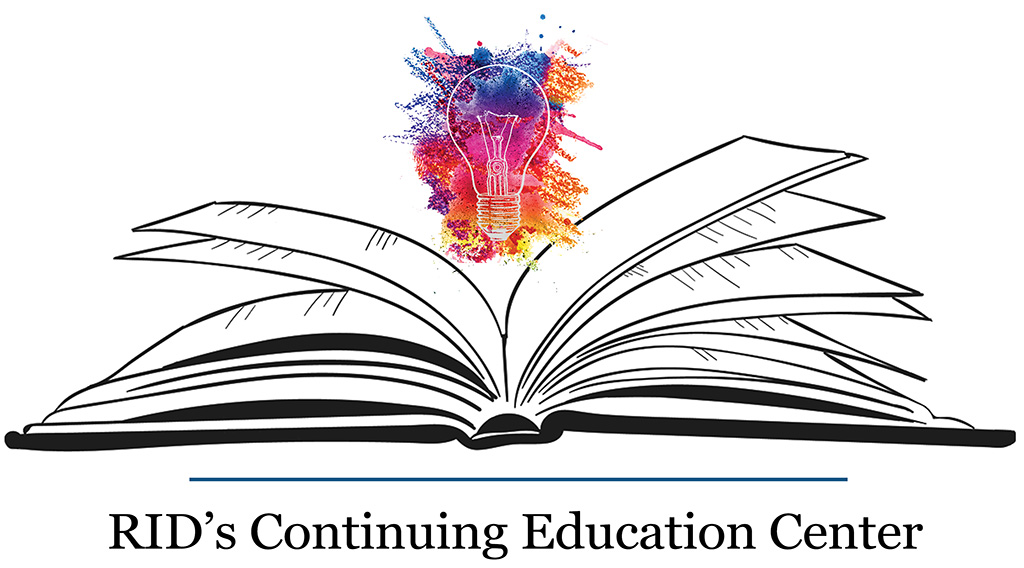
The Civil Court System & the Right to Communication
Includes a Live Web Event on 07/21/2026 at 7:00 PM (EDT)
-
Register
- Non-Member - $65
- Member - $50
This Professional Studies program is offered for 0.2 PS-Legal CEUs at the little/none Content Knowledge Level. RID HQ is an approved RID CMP Sponsor for continuing education activities.
This presentation continues this discussion regarding accessibility and communication barriers with a focus on the civil court system. While the provision of reasonable accommodations to deaf and hard of hearing civil litigants is legally required under the ADA, the decades since the passage of the ADA and other related legislation have revealed many failures to act - mirroring the barriers and failures within the criminal legal system. While the criminal legal system has the authority to take away someone’s liberty and/or life, the most serious of punishments, the impact from a civil court system should not be understated. For example, divorce and family courts have the authority to remove children from the home and/or deny visitation rights, dramatically altering many lives. When trying to understand how the civil court system impacts deaf and hard of hearing litigants it is important to recognize one complicating factor, the application of the ADA and other related legislation within the state civil court systems is far uniform. Access to accommodations and in particular interpreters can vary greatly state to state. With this in mind, this presentation will discuss key aspects of the civil court system at the federal and state level, focusing on how federal and state legislation has influenced the experiences of deaf and hard of hearing litigants. This will include a discussion of changes in policies since the early 1990s that have worked to reduce or break barriers as well as continued challenges in redressing lack of enforcement and related financial obligations in providing accommodations. Finally, this presentation will address available resources, or lack thereof, for deaf and hard of hearing individuals seeking access to or involved in the civil court system.
Erin J. Farley
Erin J. Farley is an Assistant Professor of Sociology and Criminal Justice and a faculty member in the Government program. Since joining the faculty in 2019, Erin has taught a range of sociology and criminal justice courses, and she is responsible for developing Gallaudet University’s Criminal Justice minor. Her research and scholarly work includes an examination of the fees and fines associated with the decriminalization/legalization of recreational marijuana, gun violence and law enforcement, impacts of COVID-19 on the criminal justice system, environmental crime, legal competency for Deaf defendants, the costs of mandatory ADA accommodations and more. Erin recently led an effort to create an interdisciplinary panel of Gallaudet faculty to present their research and scholarly knowledge at the upcoming American Society of Criminology Conference (November 2025). The panel, titled “An Examination of Social and Legal Policies and their Impact in the Deaf Community” will address how policies across government, schools, service providers, and the criminal legal system impact Deaf people. This panel is being sponsored by the newly established (2024) Division of Health and Disability Criminology. Erin earned her Ph.D. in Criminology from the University of Delaware in 2007 and graduated from Virginia Tech in 2000 with a B.S. in Psychology.
